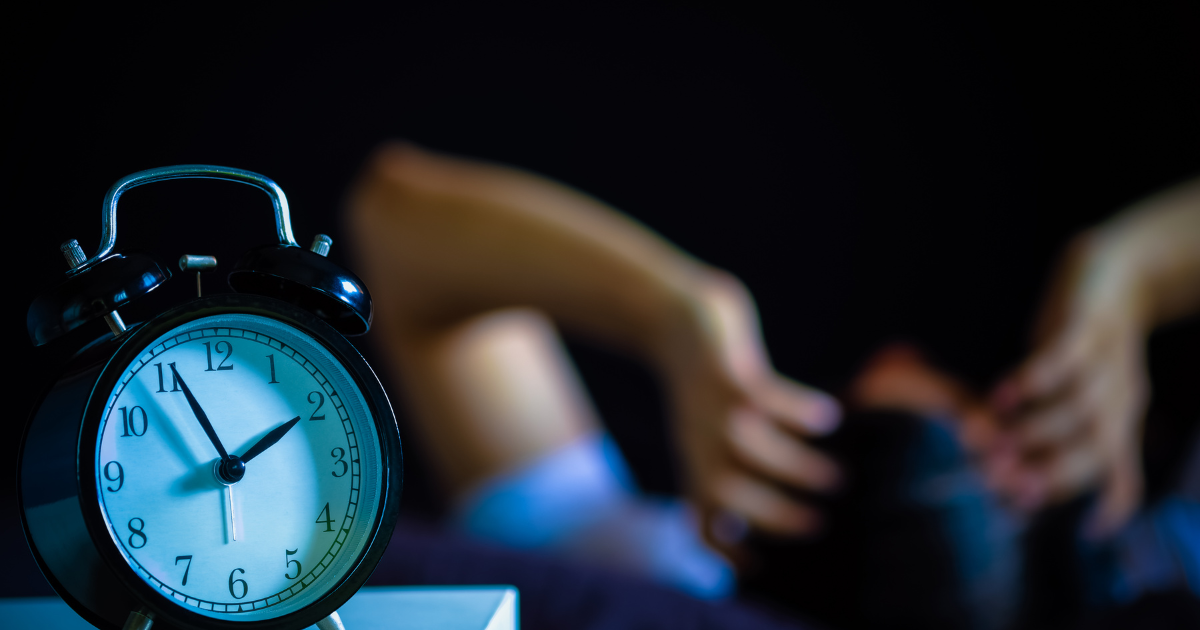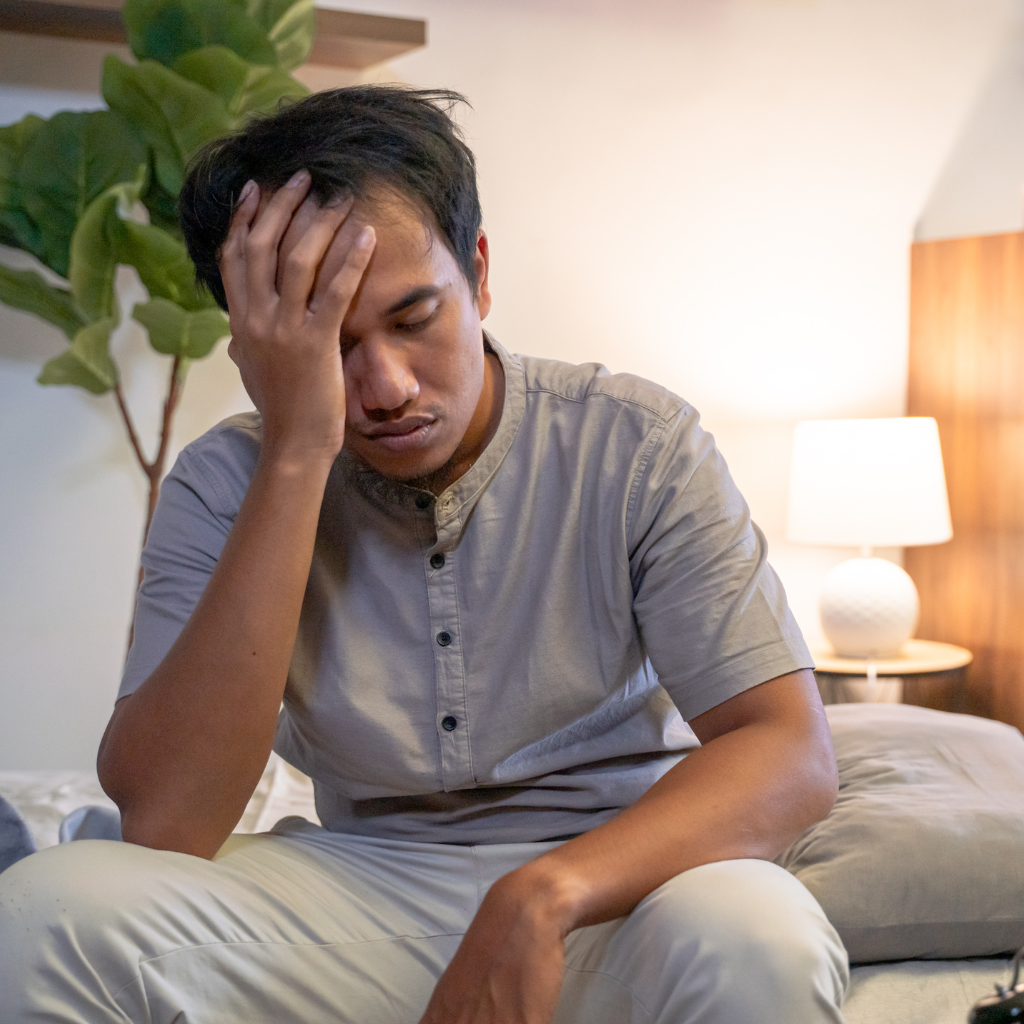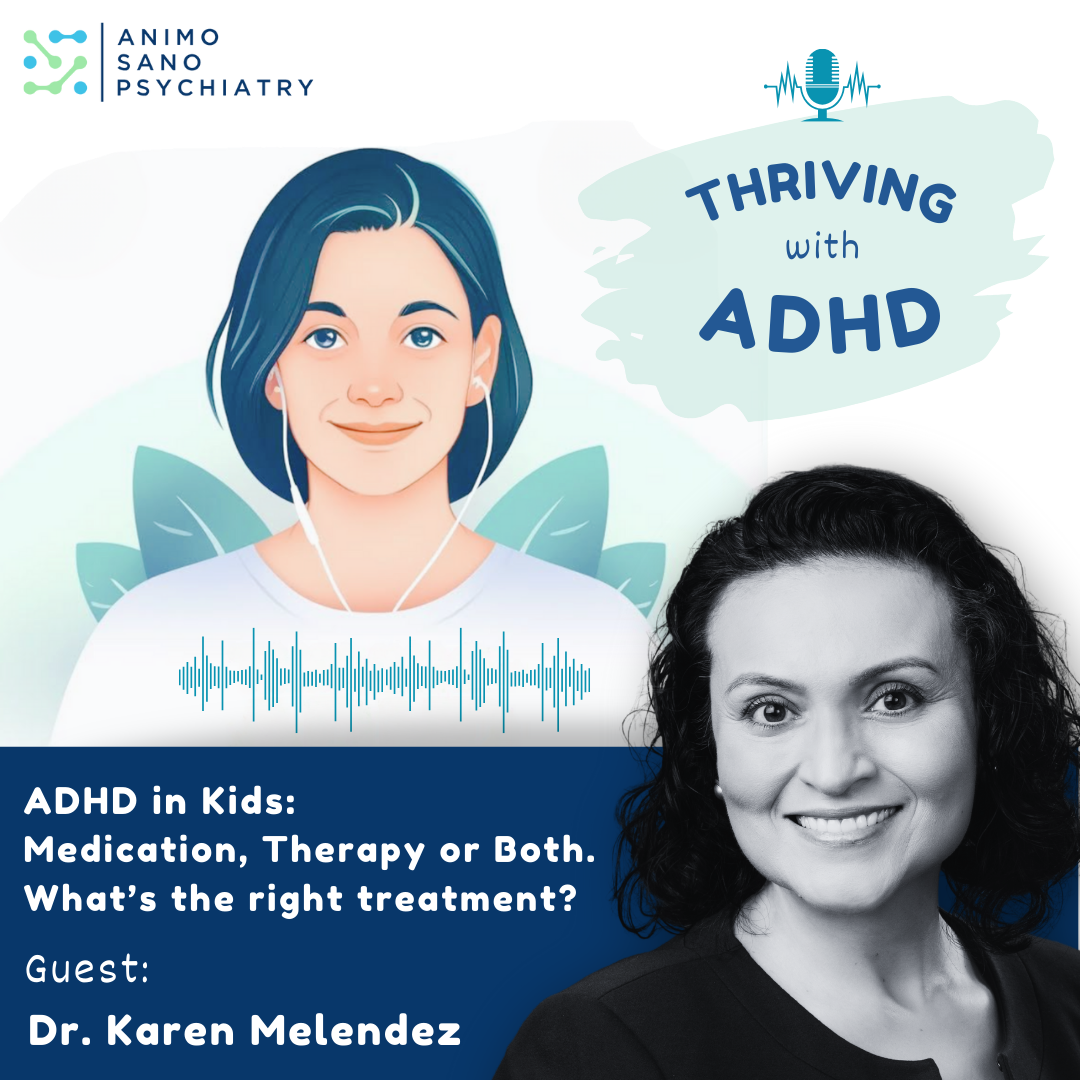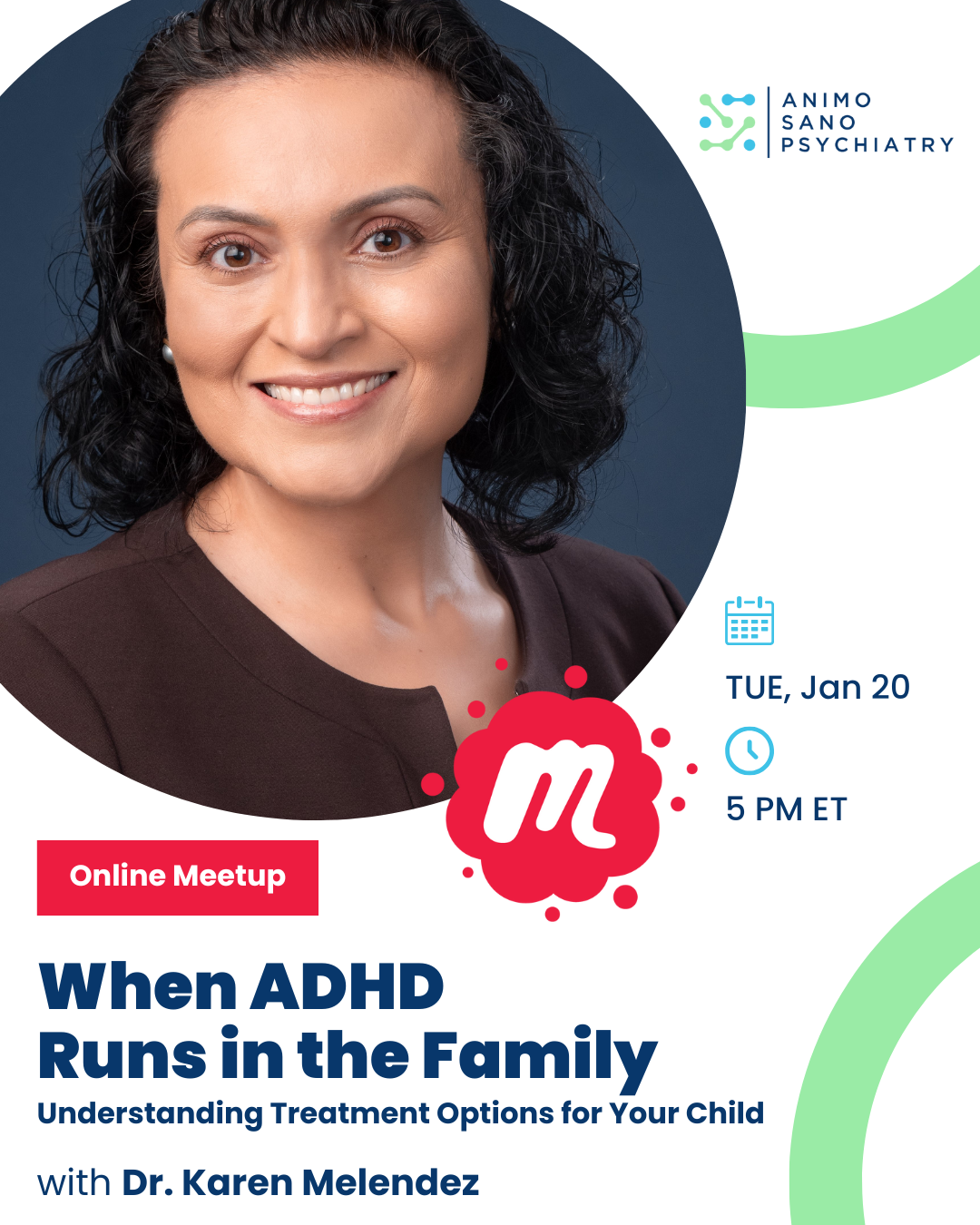The Intersection Of ADHD and Sleep: Why Insomnia Or Restless Sleep Often Co-Occurs

Sydney Johnston

Sleep disturbances are a frequent and often overlooked component of attention-deficit/hyperactivity disorder (ADHD). Insomnia, restless sleep, and delayed sleep onset are commonly reported among both children and adults with ADHD. These disturbances can exacerbate daytime inattention, hyperactivity, and emotional dysregulation, creating a cycle that intensifies functional impairment.
Prevalence of Sleep Disturbances in ADHD
Sleep problems affect a substantial proportion of individuals with ADHD. Studies indicate that 35–70% of children with ADHD experience significant sleep difficulties, including bedtime resistance, difficulty falling asleep, and frequent night waking. In adults with ADHD, insomnia and fragmented sleep are also prevalent, with 43–85% reporting chronic sleep problems depending on study parameters. Community-based research further demonstrates that moderate to severe sleep problems are strongly associated with ADHD diagnoses, highlighting the clinical relevance of sleep assessment in this population.

Common Sleep Patterns Observed in ADHD
Sleep difficulties in ADHD can manifest in various forms:
- Insomnia: Difficulty initiating or maintaining sleep, often accompanied by restless mental or physical activity.
- Fragmented Sleep: Frequent nocturnal awakenings or micro-arousals that reduce overall sleep quality, sometimes linked to restless legs or periodic limb movements.
- Delayed Sleep-Wake Phase: A tendency toward later sleep and wake times, commonly referred to as “night owl” patterns.
- Sleep-Disordered Breathing: Obstructive sleep apnea or other breathing-related disorders, contributing to daytime sleepiness and cognitive impairment.
Understanding these types helps in identifying the specific challenges an individual might be facing and tailoring appropriate interventions.
Mechanisms Linking ADHD and Sleep Disturbances
The co-occurrence of ADHD and sleep problems arises from multiple intersecting mechanisms:
1. Arousal Dysregulation: ADHD is associated with altered arousal regulation, which may increase nighttime hyperarousal, prolong sleep latency, and fragment sleep.
2. Neurotransmitter and Circadian Interactions: Dopamine and other neurotransmitters involved in attention and reward processing also regulate sleep-wake cycles. Disruptions in these systems may contribute to both ADHD symptoms and delayed sleep onset.
3. Circadian Rhythm Differences: A tendency toward delayed circadian timing can create misalignment with societal schedules, resulting in chronic sleep restriction and daytime impairment.
4. Behavioral and Environmental Factors: Irregular routines, evening screen use, comorbid anxiety or mood disorders, and family sleep patterns can further complicate sleep in individuals with ADHD.
5. Overlapping Sleep Disorders: Restless legs syndrome, periodic limb movements, and obstructive sleep apnea are more prevalent in ADHD populations, often exacerbating sleep fragmentation.
Impact of ADHD Medications on Sleep
Stimulant medications, such as methylphenidate and amphetamine derivatives, may contribute to insomnia or delayed sleep onset in some patients. However, effective daytime symptom control can indirectly improve sleep by reducing hyperactivity and impulsivity, enabling more consistent bedtime routines. Clinicians often consider formulation, timing, and dose adjustments alongside behavioral interventions to optimize both symptom control and sleep quality.
Evidence-Based Approaches to Improving Sleep
Behavioral Interventions and CBT-I: Structured behavioral strategies for children, including bedtime routines and stimulus control, have demonstrated improvements in sleep onset and continuity. For adults, cognitive-behavioral therapy for insomnia (CBT-I) is considered first-line treatment, with adaptations for attentional difficulties enhancing effectiveness.
Melatonin: Controlled trials indicate that melatonin administration, particularly for delayed sleep phase, can shorten sleep latency and increase total sleep time in children with ADHD. Appropriate dosing and timing under medical guidance are critical for efficacy.
Management of Comorbid Sleep Disorders: Identification and treatment of restless legs syndrome, periodic limb movements, and obstructive sleep apnea can substantially improve both sleep quality and daytime ADHD symptoms.
Medication Adjustment: Modifications to stimulant therapy, including timing adjustments, use of non-stimulant alternatives, or splitting doses, may mitigate medication-related sleep disruptions.
Practical Considerations for Sleep Improvement

Consistency in sleep-wake schedules, implementation of predictable bedtime routines, and monitoring sleep patterns are fundamental strategies. Behavioral tracking, such as sleep diaries or mobile applications, can provide data to inform clinical decision-making. Screening for comorbid sleep disorders remains essential to ensure comprehensive management.
Final Thoughts
Sleep and ADHD are intertwined in ways that are biological, behavioral, and social. For many people the good news is that sleep is treatable: modest behavior changes, targeted therapies (including CBT-I and melatonin where appropriate), and careful medication management often produce real improvements in both nights and days. If sleep problems are eroding your concentration, mood, or relationships, bring that concern up with your clinician—addressing sleep is often one of the most direct routes to feeling better during waking hours.
Responsibly edited by AI
Other Blog Posts in
Animo Sano Psychiatry is open for patients in North Carolina, Georgia and Tennessee. If you’d like to schedule an appointment, please contact us.
Get Access to Behavioral Health Care
Let’s take your first step towards. Press the button to get started. We’ll be back to you as soon as possible.ecovery, together.




